
Maze and User Interviews, both USA-based entities providing user research platforms and user panels, published reports in the last months on the current state of user research.

We conducted a quick, initial analysis of six AI-based service platforms for hosting and analysing UX research: HeyMarvin, Lookback, AddMaple, Reveal, Outset, and Voicepanel. It brought up more questions than answers.

A new report from the Weber Shandwick Collective suggests a “me over we” mentality is driving more buying decisions, explains the publisher of Fast Company, Stephanie Mehta, CEO of Mansueto Ventures.

Practitioners praise some efficiency gains in process tasks, but are skeptical about the real value in analysis and insight gathering, despite the many marketing claims.

Drawing on interviews in Spain, the United Kingdom, and the United States as well as extensive survey data, the book explains why and how so many people consume little or no news despite unprecedented abundance and ease of access.
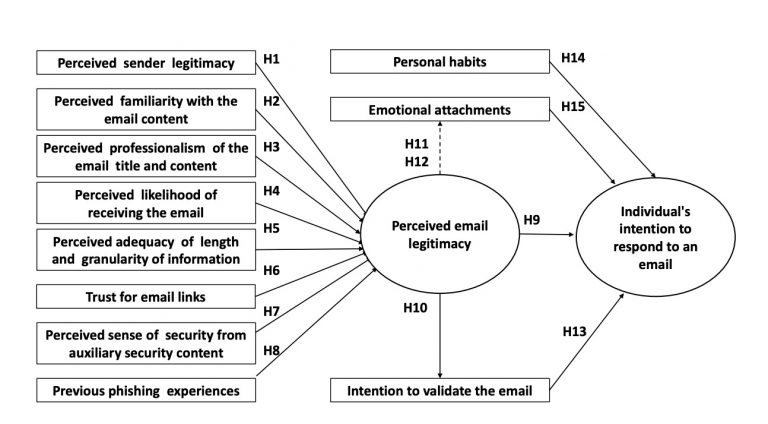
This paper features an in-depth investigation on how people make email response decisions while reading their emails. The authors proposed five concrete enhancements to state-of-the-art anti-phishing education, training, and awareness tools to support users in making safe email responses.
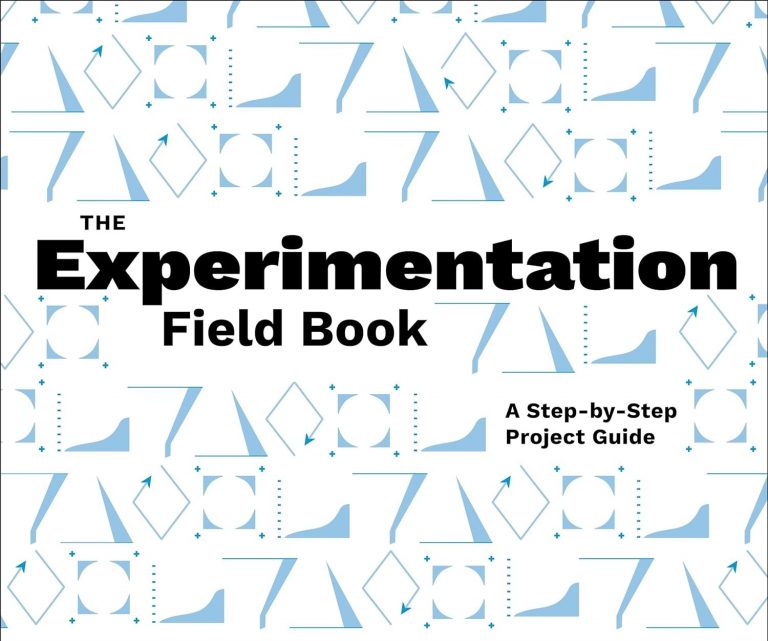
This book is a hands-on manual for crafting and conducting useful experiments in real-life settings. It guides readers from any background or discipline through the fundamentals of identifying testable ideas, selecting an evidence base, prototyping, and testing, building users’ skill sets and channeling their creativity through an interactive, exercise-oriented format.
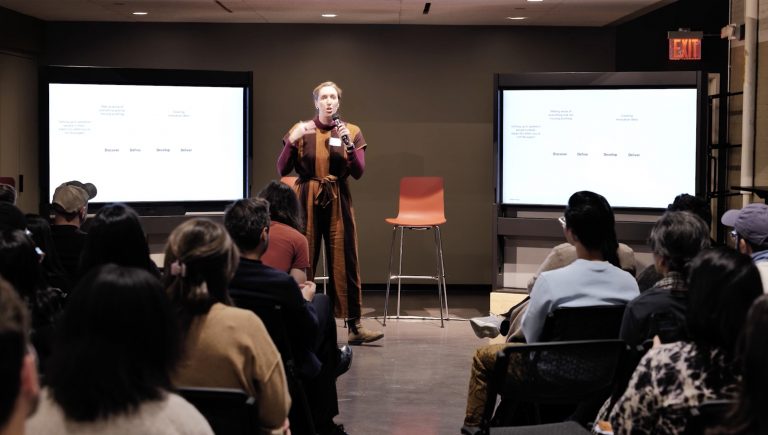
Cameron Hanson, Strategy Director at Smart Design, gave a presentation at the the Service Design Network (SDN) New York Chapter on practical ways to integrate GenAI into the design research process.

"UX professionals must seize the AI career imperative or become irrelevant", writes Jakob Nielsen in his blog UX Tigers, particularly with current AI-driven tools being "far from user-friendly with their clunky, prompt-driven interfaces", and with adult (digital) literacy being what it is.

In this newly revised Second Edition, you'll find six new essays that look at how UX research methods have changed in the last few years, why remote methods should not be the only tools you use, what to do about difficult test participants, how to improve your survey questions, how to identify user goals when you can’t directly observe users and how understanding your own epistemological bias will help you become a more persuasive UX researcher.

For the first time in 28 years of JD Power’s car owner survey, there is a consecutive year-over-year decline in satisfaction, with most of the ire directed toward in-car infotainment, writes Andrew J. Hawkins in The Verge.
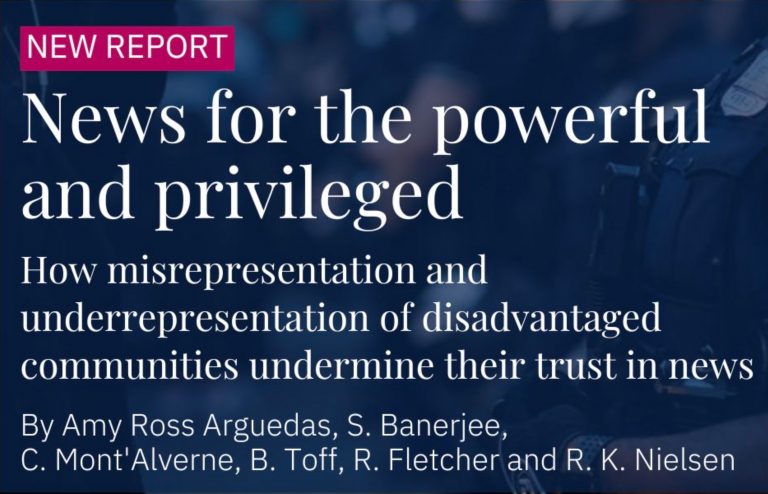
Why do disadvantaged communities distrust the news? And what can newsrooms do about it? These are the questions at the heart of a new report by the Reuters Institute Trust in News Project.

Cornelius Rachieru describes the current trend of extreme commoditisation of UX design in corporate environments, and the consequences this has on the quality of the design delivery, and on the designers themselves.
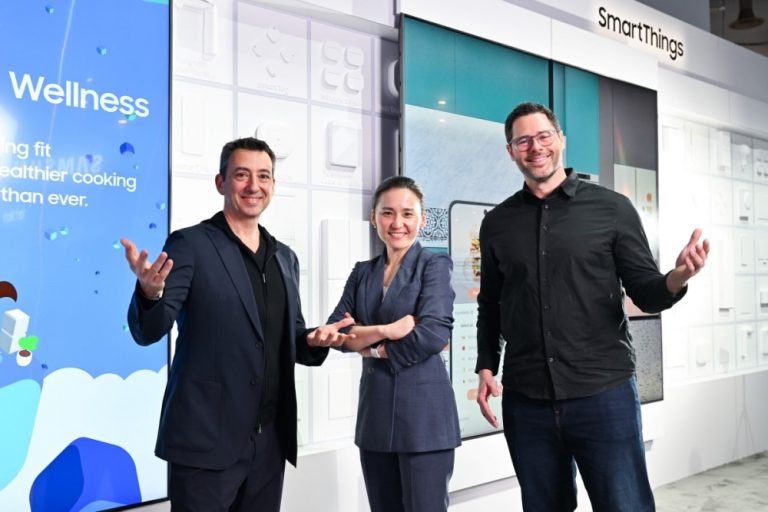
Samsung US newsroom published an interview with Federico Casalegno, Executive Vice President of Design and Head of Samsung Design Innovation Center; Mark Benson, Head of Samsung SmartThings U.S.; and Inhee Chung, Vice President of the Corporate Sustainability Center to discuss how Samsung’s philosophy of prioritizing more seamless connected experiences is driving the innovation behind its latest products.
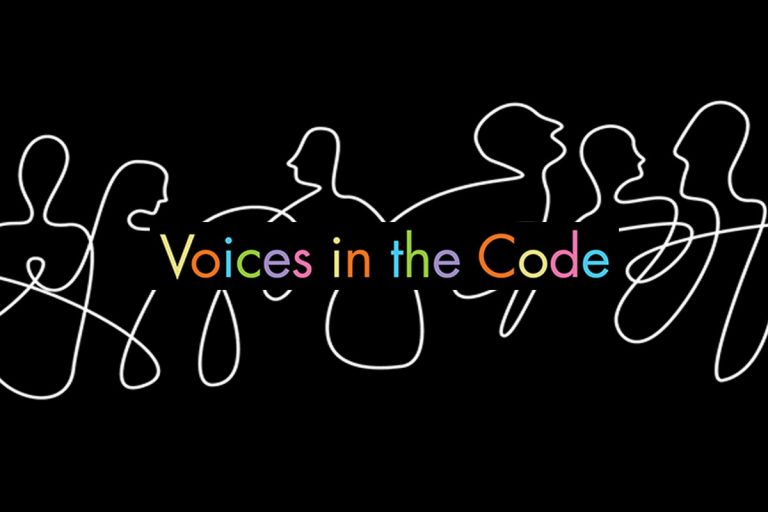
In Voices in the Code, scholar David G. Robinson tells the story of how one community built a life-and-death algorithm in a relatively inclusive, accountable way, and draws out lessons for the broader struggle to build technology in a democratic way.

Leroy Merlin is a French-headquartered home improvement and gardening retailer. Its Leroy Merlin Source (LMS) platform aims to create and share original knowledge on new ways of living and inhabiting spaces by expert researchers, professionals and stakeholders.

The collection and analysis of data about us now occurs across many aspects of everyday life, but how do people come to understand these complex processes? Drawing on Living With Data research, Susan Oman, Hannah Ditchfield and Helen Kennedy show that people’s understandings of data uses are based on past experiences and predictions about the future.
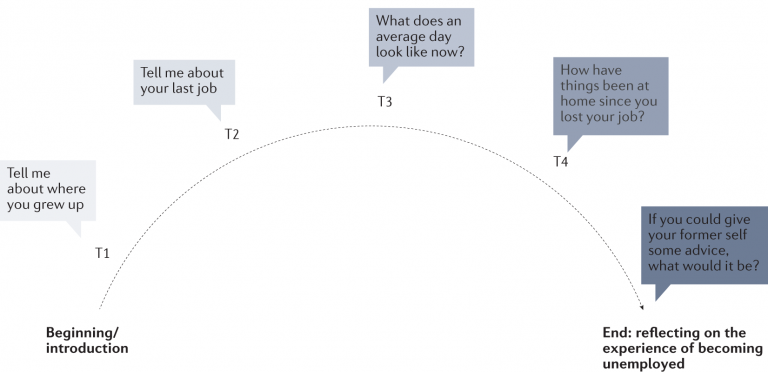
In this Nature Reviews Method Primer, Eleanor Knott, Aliya Hamid Rao, Kate Summers & Chana Teeger off the London School of Economics focus on the stages and challenges of designing and conducting an interview project and analysing data from it, as well as strategies to overcome such challenges.

AR features in mobile apps are plagued by usability issues such as poor discoverability and findability of items with AR, low-visibility instructions, or vague icons and signifiers.

Julia Tan and Carolina Aldas of Spotify provide some recommendations on how user research and Engineering can improve their collaboration during the Discovery Phase to come up with more feasible product solutions.




















